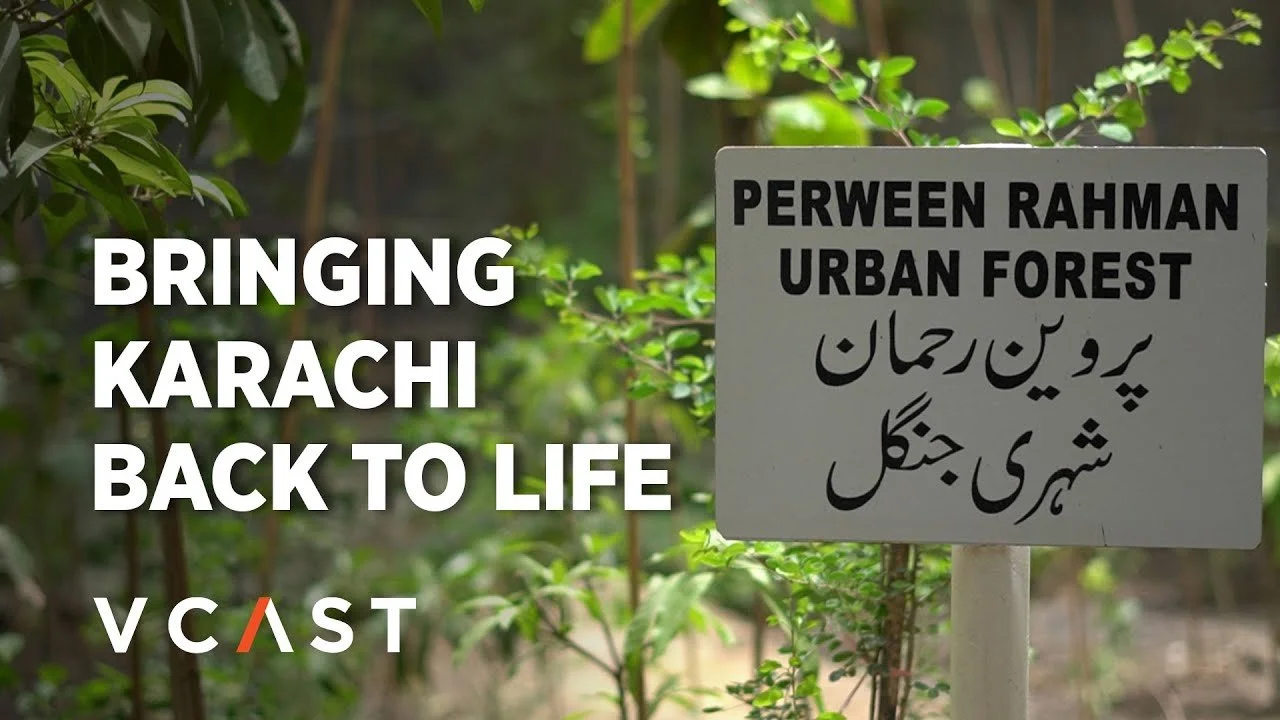Future Leaders Hub: Building the Next Generation of Pakistani Business Leaders
“I've been going to exhibitions across the world and I meet very different types of people; but the problem is when I see those people and I see people in Pakistan, I see a big difference in competence. The difference isn't in intelligence—the only difference is education.”
Hamid M. Ismail, an Oxford graduate and the third-generation CEO of Ismail Global, is not just identifying the problem—he is building the solution. His latest venture, Future Leaders Hub (FLH), is rooted in the belief that Pakistan does not need to export its talent to succeed. It must equip its people to lead from within by investing in education and executive training instead of relying on external opportunities.
Ismail stresses that unless local talent is properly trained and nurtured, the country will remain stagnant, and people will continue to believe that success only lies abroad.
At FLH, the vision to build Pakistan’s future leadership is taking shape through a partnership with INSEAD—one of the world’s top business schools. Together, they have launched the Advanced Leadership Program for High Achievers to equip Pakistani executives with essential leadership skills and global insights.
“Our goal is for Pakistan to reach global standards—and it’s not necessary that it should be done through FLH only. If people get inspired and other organizations start doing the same, we’ll support them. The goal is to get Pakistan there.”
Ismail also believes that the challenge is not just academic or institutional, but cultural. In Pakistani businesses, authority often isn’t delegated—even to experienced professionals—as leaders tend to retain all control. This reluctance to trust and empower professionals, he believes, is a fundamental barrier to growth—and it must shift for Pakistan to progress.
He highlights business leaders like Muhammad Ali Tabba, Hussain Dawood, Mian Mansha, and Habibullah Khan, who have demonstrated how progress happens when capable CEOs are empowered, teams are trusted, and investments are made in people. Ismail notes that what sets these leaders apart is their ability to build systems that enable their teams to thrive.
Through FLH and programs like ALPHA, Ismail hopes to elevate Pakistan’s leadership standards, holding firmly to the belief that the future can be built right here.
How do you think we can empower business leaders across Pakistan? Let us know in the comments!
This article was developed with the assistance of AI tools.




